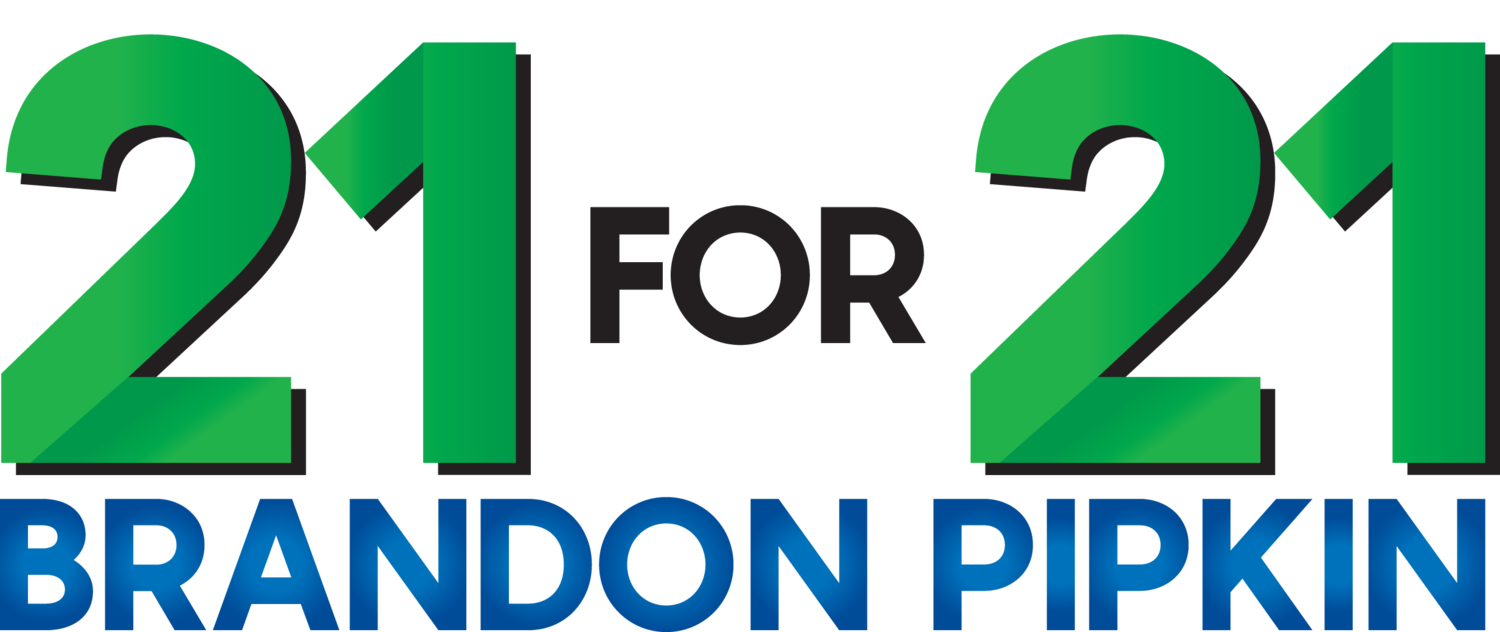Many people in an abusive situation wonder what is abuse and what it’s not.
I’ve created this questionnaire to help answer that question.
‘Partner’ is used to mean any significant other - husband, boyfriend, girlfriend, wife, etc.
1. Are you afraid of doing something to set your partner off? Does he/she get angry frequently?
2. Do you make excuses for your partner (or their behavior) to other people?
3. Does your partner yell at, criticize, mock, or demean you?
4. Has your partner told you it’s your fault that your relationship isn’t working?
5. Does your partner constantly complain about you, coworkers, their job, unfairness of life, or blame you or others for the problems in their life?
6. Does your partner do things that suggest they believe everyone is out to get them, to take advantage of them?
7. Does your partner seem to withhold affection or approval from you?
8. Does your partner want to know where you are, what you’re doing, with whom you’re talking, but doesn’t want to share the same with you?
9. Have you been accused by your partner of doing something you don’t do, (maybe even something your partner does)?
10. Do you find yourself trying to explain yourself, your behavior, or your thoughts to help them understand, only to have them use it against you?
11. Have you wondered if you were crazy because your partner told you you’re remembering something incorrectly or told you you’re crazy?
12. Does your relationship have a pattern to it? Calm, explosion, statement that it will never happen again, calm, explosion…?
13. Have you tried to talk to others about your situation and they just don’t get it?
14. Do you have trouble making simple decisions (usually out of fear of your partner’s reaction)?
15. Does your partner remind you how amazing they are, how lucky you are to be with them, that no one else would want you?
16. Does your partner bring up old subjects over and over?
17. Do you find yourself lying or hiding the truth to avoid your partner’s reaction?
18. Does your partner expect you to apologize, yet hardly, if ever, apologizes to you? If they do apologize it usually comes with an excuse or justification for their behavior (“I wouldn’t have done that if you hadn’t…”) or the statement, “I don’t know what I could have done differently.”?
19. Was your partner absolutely charming at first, giving you attention in special ways?
20. Does your partner have a hard time prioritizing you, but expects you to prioritize them?
21. When you try to talk to your partner about something important to you do they deflect, minimize, change the subject, or ignore you all together?
22. Does your partner insist on having things their way?
23. Does your partner seem to see things as only black and white? Does he/she have a hard time seeing the middle ground?
24. Do your arguments seem to last forever?
25. Does your partner wear you down to get what they want?
26. Does your partner throw what an objective person would see as a temper tantrum?
27. Does your partner seem to pull away just when you felt you were starting to connect?
28. Have you heard, “I just don’t feel anything for you anymore,” or something similar?
29. Do you know something is wrong, but you can’t put your finger on it?
30. Are you worried about or afraid of your partner’s reaction if they found out you were talking to someone to get help?
If you answered 'Yes' to more than 5 of these questions (especially the last two), you may want to evaluate your relationship. I’ve developed an online course that can help.
If you answered ‘Yes’ to 8 or more, you're almost certainly in a relationship that could benefit from the course.
If you answered ‘Yes’ to 10 or more, you should get help immediately. Click here to access the course.









